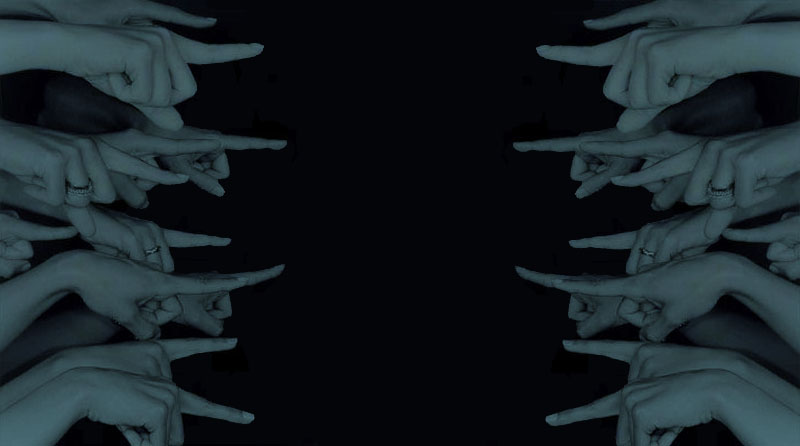"How are you doing?"
Decades of sitting behind desks, in airplanes or in a car has blessed me with very tight hips which, when not tended to, can be a crippling and painful proposition until the anti-inflammatories kick in. One of my preventative strategies is to walk each and every day which not only helps me deal with the bane of my existence but also gives me an opportunity to enjoy the neighbourhood, and its cast of characters (myself included).
The bows in his legs reminded me of cowboy caricature, like a cartoon character you would find each Saturday morning shooting his way through the wild wild, west; the six-shooter in each hand however had been replaced with canes. It was obvious as I approached each step was a painful venture and as I passed him I nodded and habitually asked, “How are you doing?”
I heard him quietly reply, “I’m not doing as well as you are”.
I will admit this was a number of weeks ago and I’m still trying to unpack and understand the response — was I surprised with his boldness for not offering up the obligatory response to a stranger, was it the realization that my sporadic mobility issues pale in comparison to real challenges, was it a reminder that perspective is everything, or maybe simply that life is sometimes an unfair proposition. In the end, the interaction has reminded me that success and happiness need to be aligned with personal benchmarks.
I can only speculate what his answer would have been if we had met as I hobbled along piloted by an anti-inflammatory haze; probably something different would be my guess. None of this is meant to discount the challenges we all face as we make our way but I think this is a nice example of the importance for measuring to internal milestone because as we all know, at any given time, you can always find someone who is richer, smarter, prettier, faster, healthier or stronger… just check out your social media feeds. “How are you doing?” (or in a slightly wordier form“How is the progress to your goals going?”) can only be measured against the milestones you set for yourself, and these become the reference points when you are looking for the answer. Remember the operative word in this question is “you” and it is “your” progress.
Looking for outside references simply surrenders ownership, and as you probably know, there can only be one owner. It’s best that it’s you.
iamgpe
PS: I hope everyone is doing well and everything is going according to plan!

